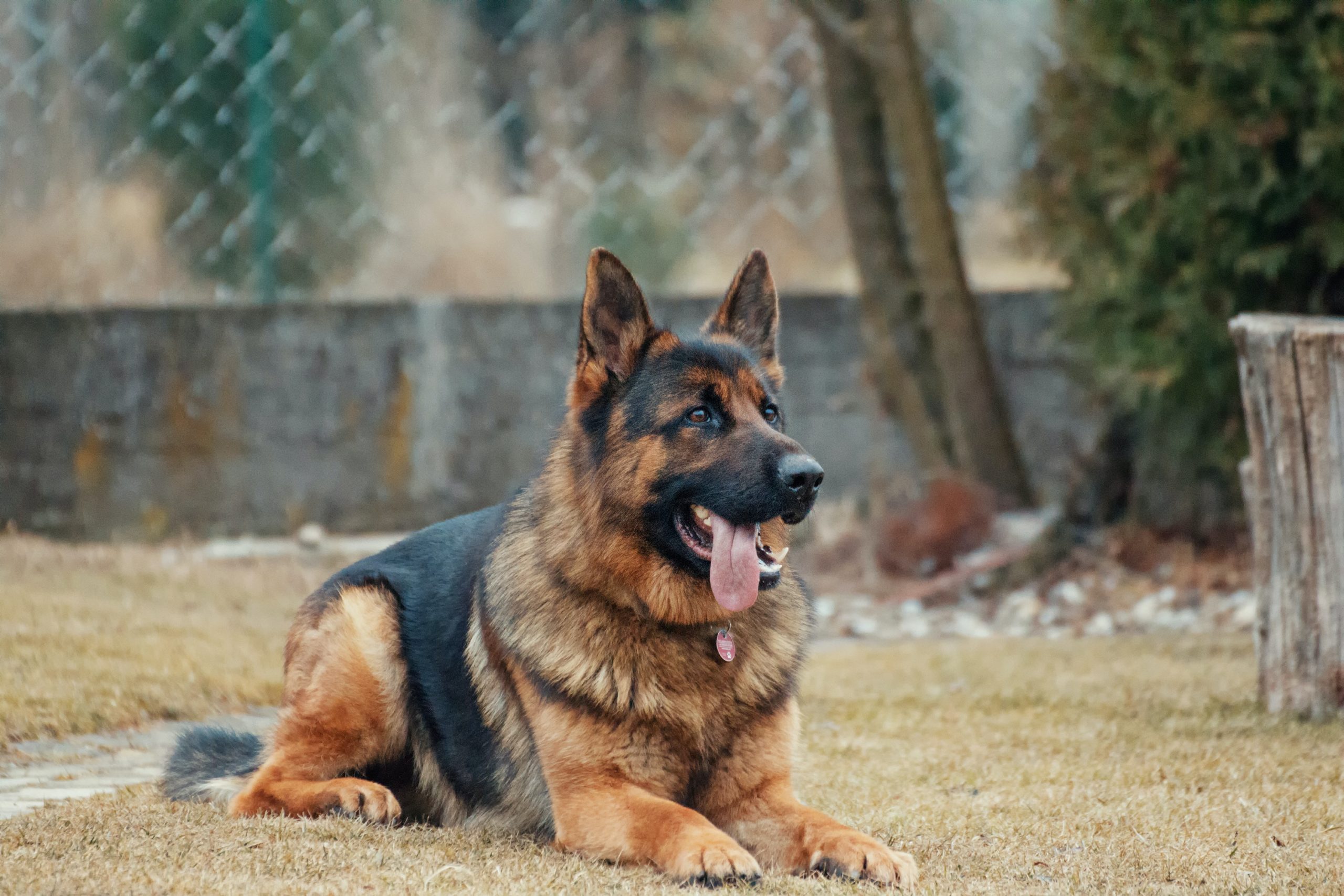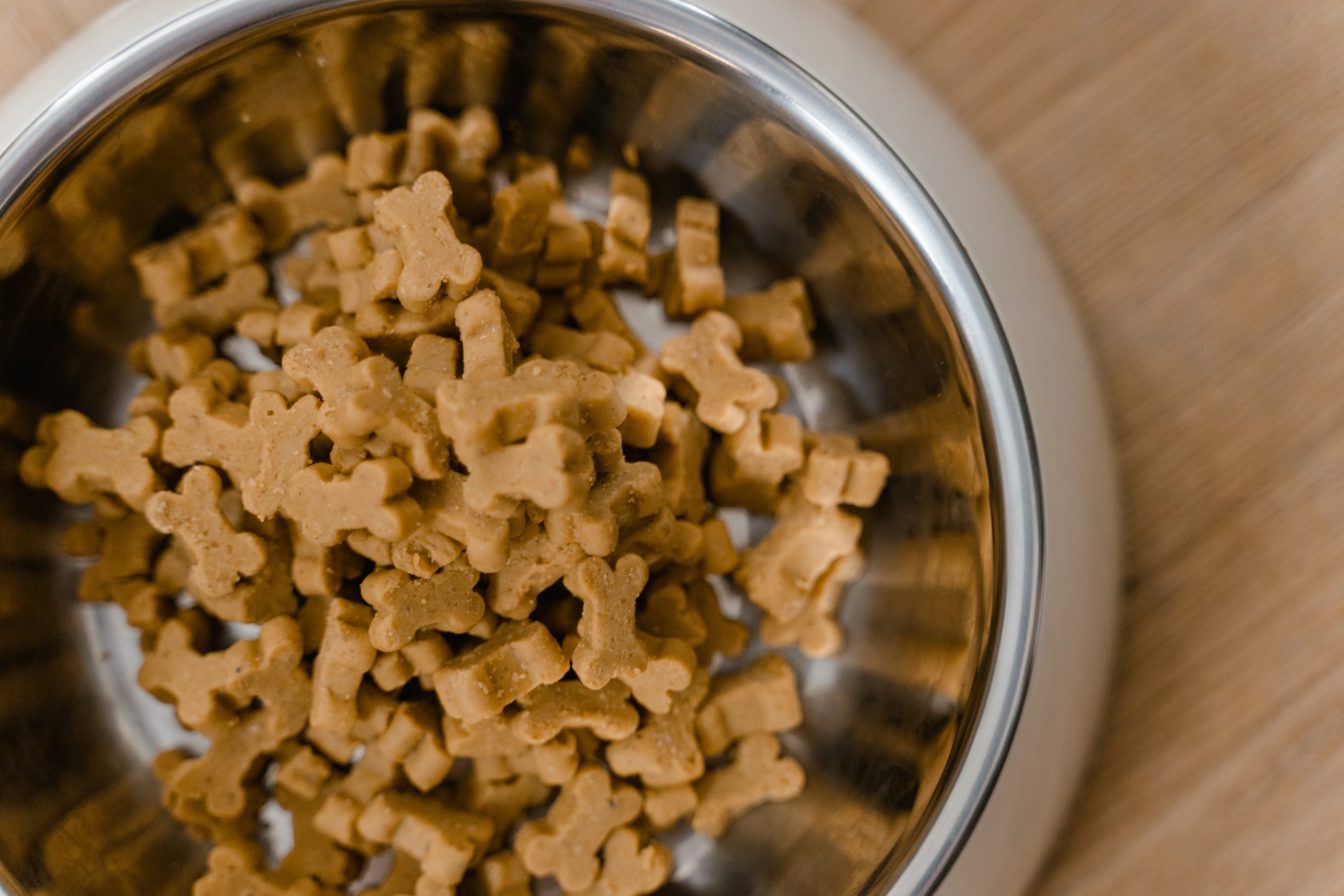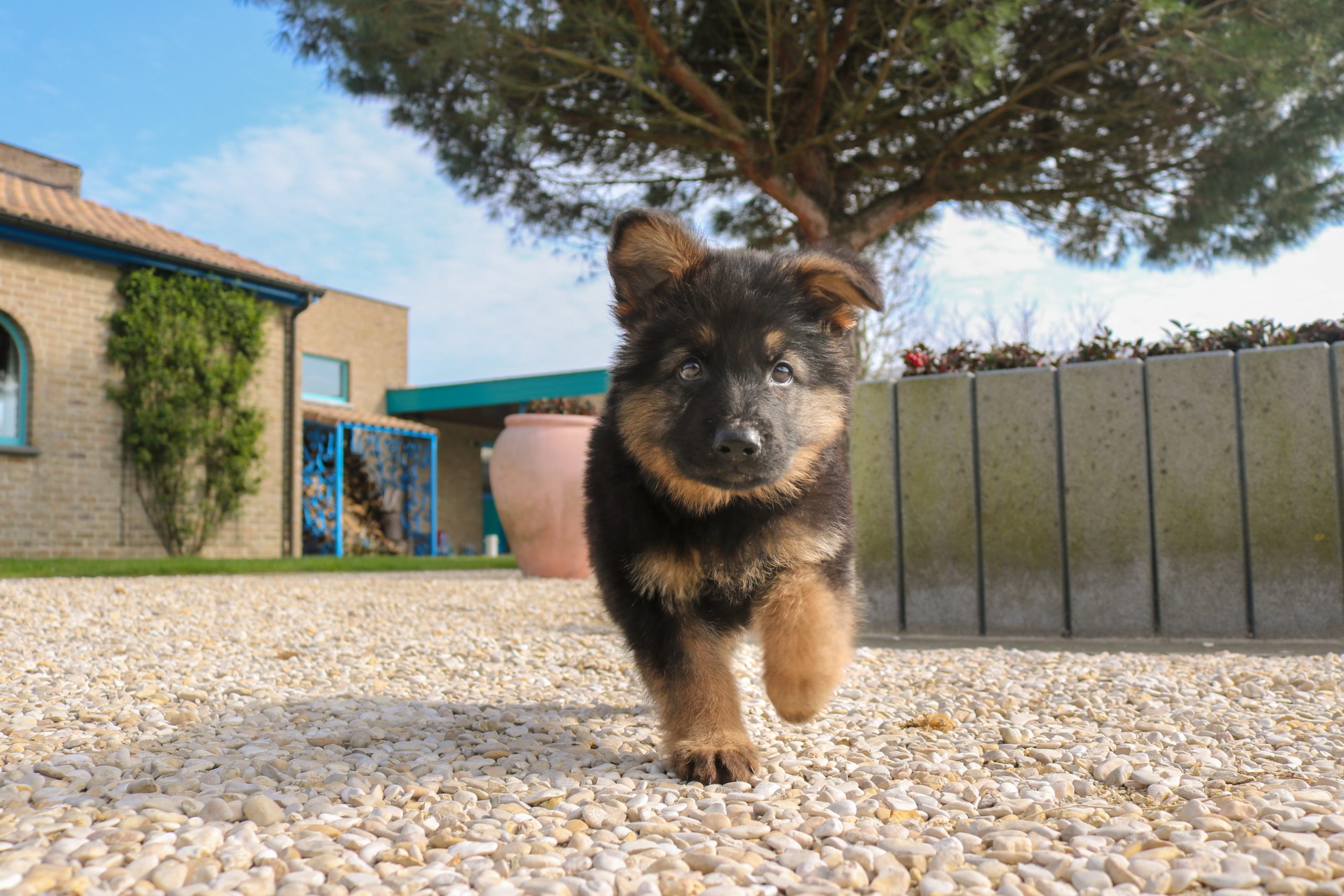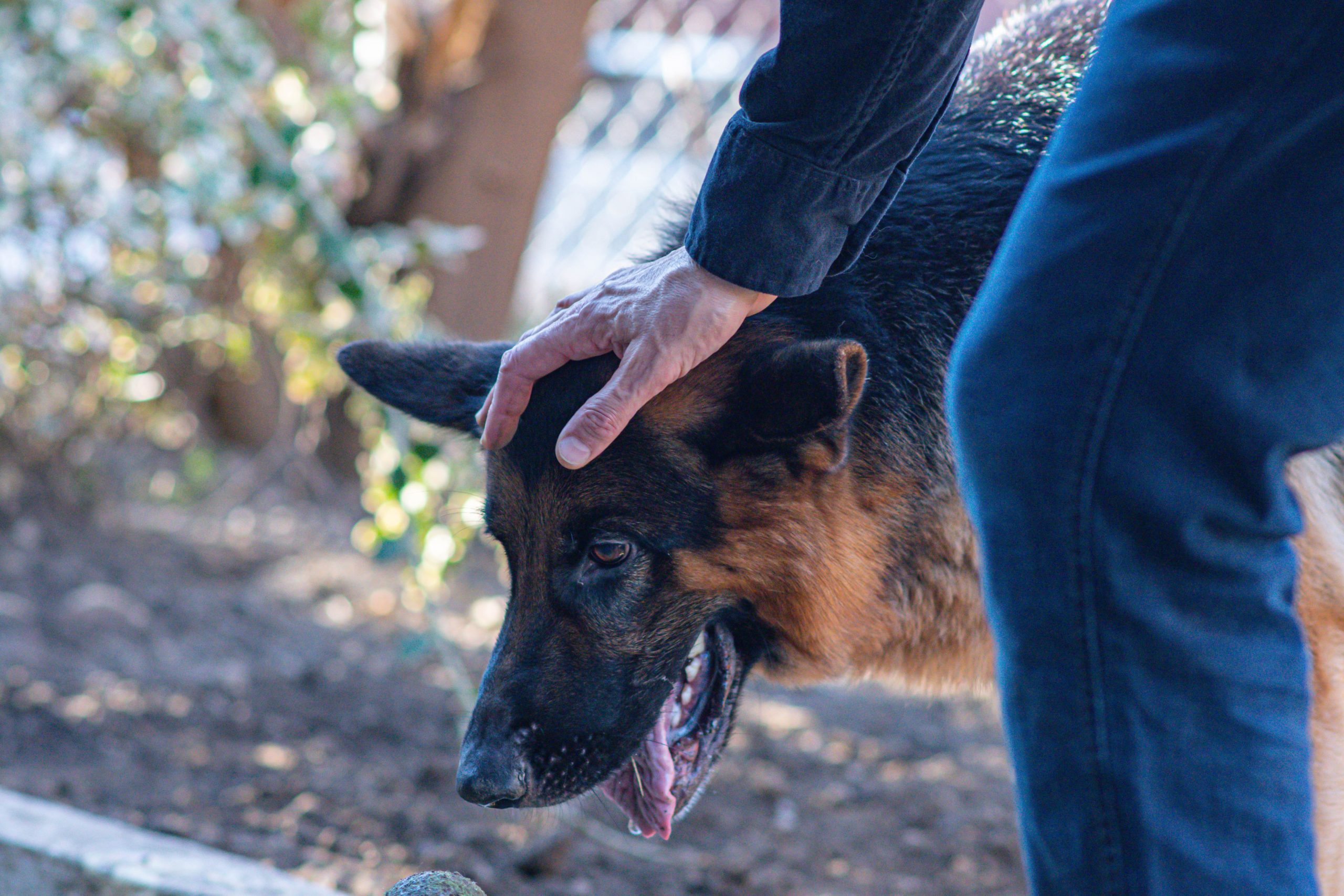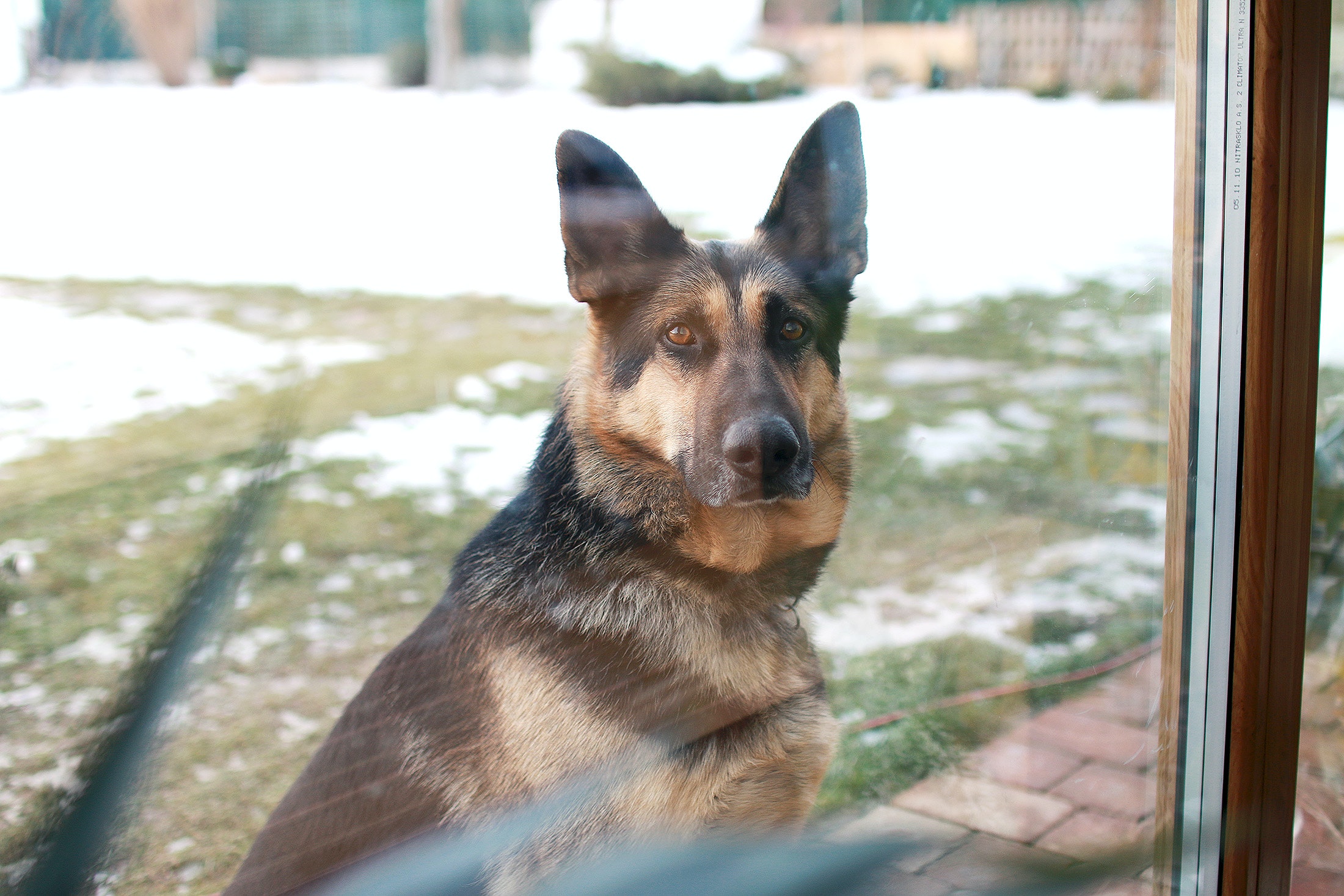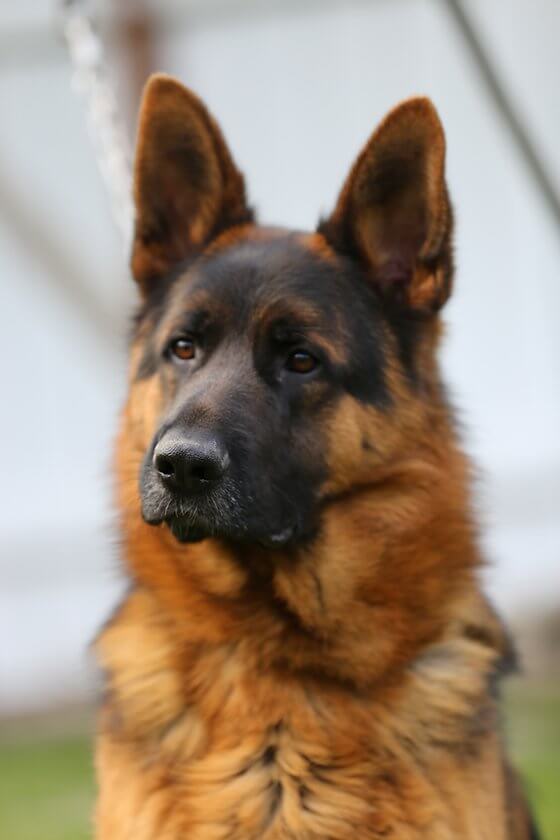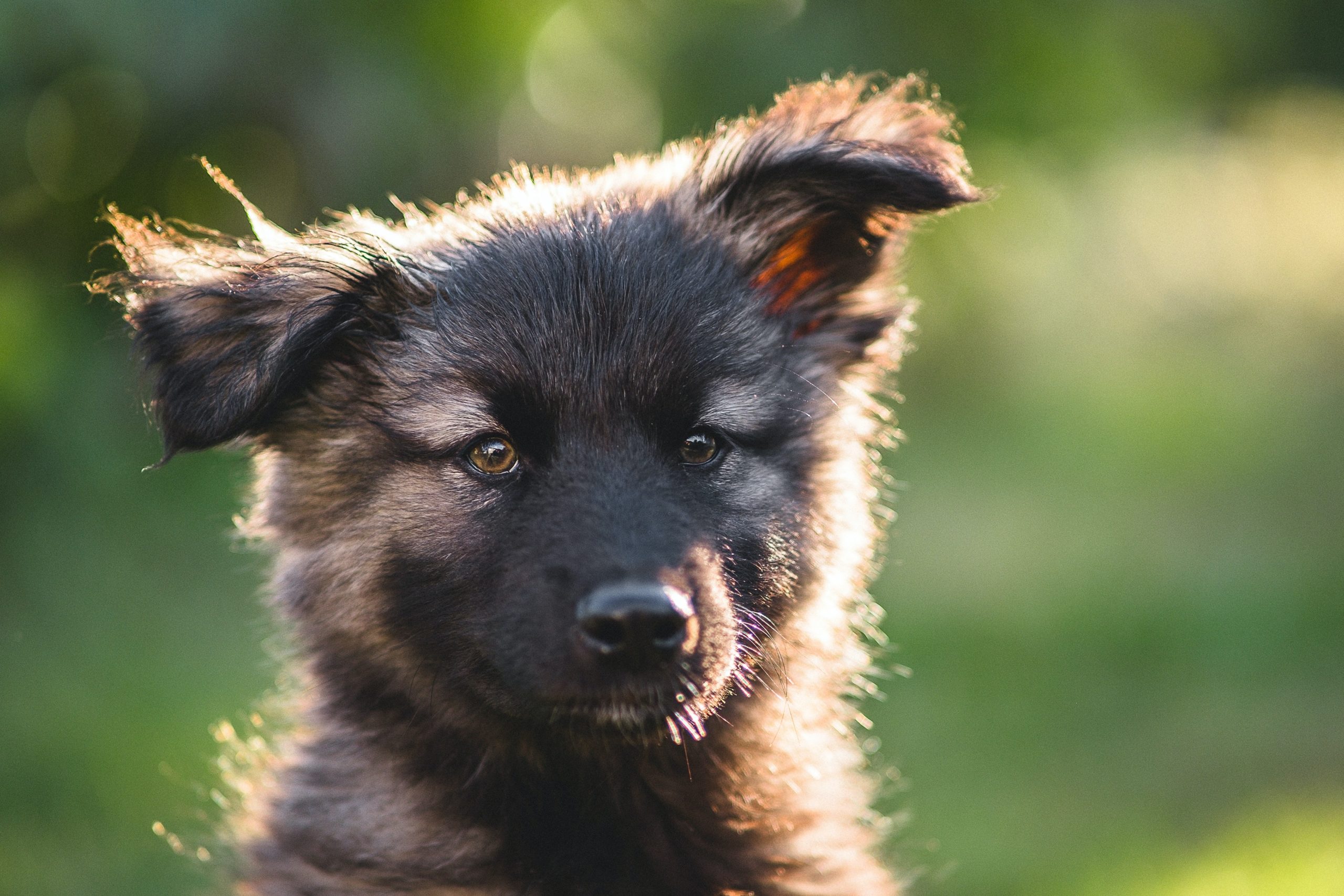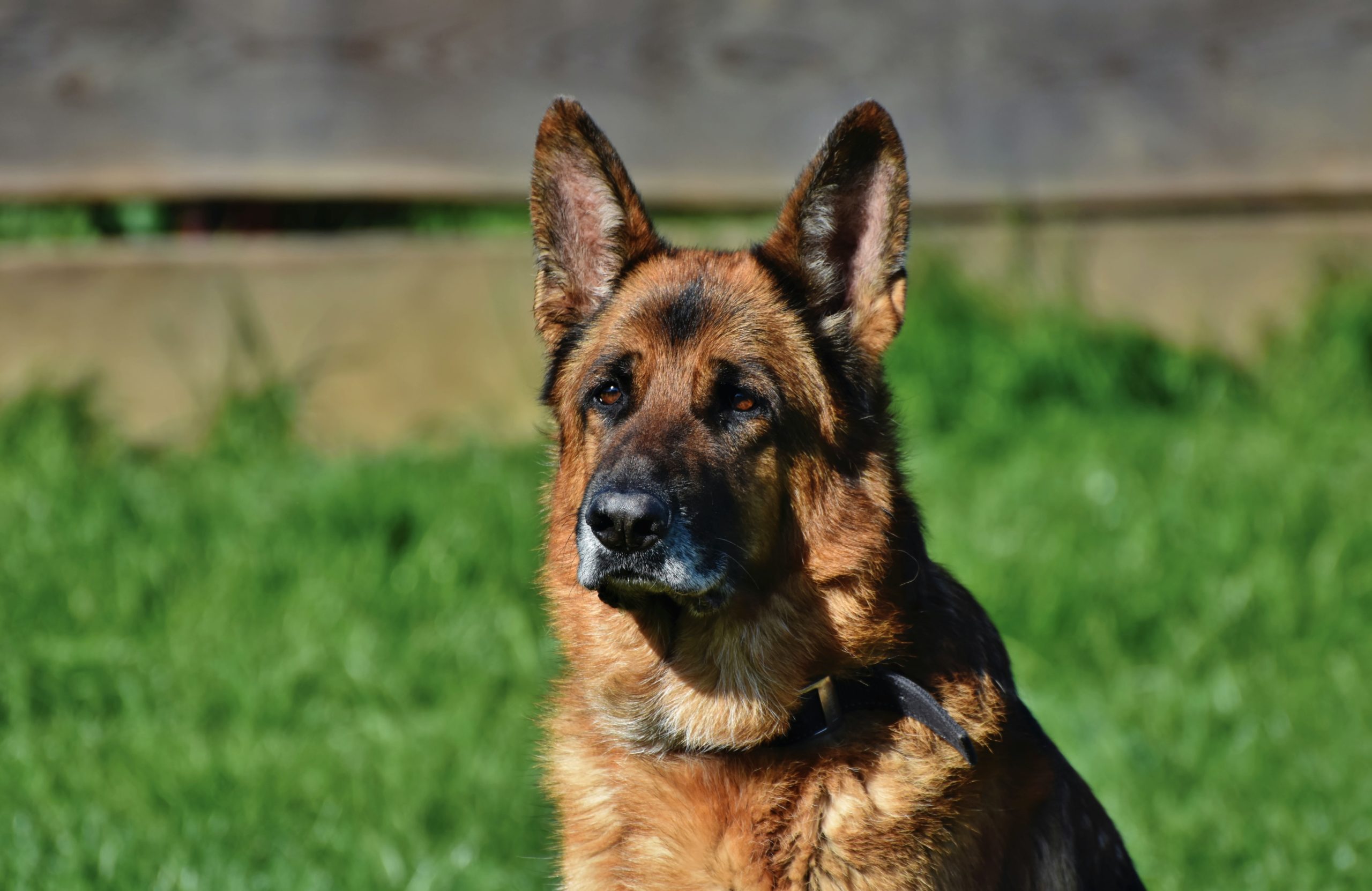German Shepherds are incredible dogs. From their physical prowess to their intelligence and obedience, there are few dogs more impressive than German Shepherds. If you are thinking about buying a purebred German Shepherd for yourself, many expenses need to be considered.
First, the dog’s cost depends on the breeder that you buy the dog from, followed by the additional costs, like transport, food, medical expenses, etc. Let’s take a more detailed look at how much purebred German Shepherd costs.
Purebred German Shepherd Price
Unlike any other stray dog you might adopt from an animal shelter, a purebred German Shepherd will not cost you $50. The price for purebred dogs is usually very high because of breeders’ investments into breeding their dogs.
A purebred dog will always be much more expensive than a dog that is not purebred. A lot of the cost depends on the bloodlines and genetics of the dog. If a breeder has dogs with elite champion bloodlines, you can expect to cash out quite a bit of money for one of their dogs.
Pair the bloodlines with the costs the breeders bear for food, shelter, vaccinations, and other medical expenses; all of this adds up to a big amount.
If you want to buy a trained adult dog, that adds to the price. A well-trained, socialized, and obedient dog would have undergone invaluable hours of training with a professional. This would mean that a trained dog’s cost would be higher than an untrained one.
So then, how much does a German Shepherd cost? The answer is that you can expect to pay an average of $2000 for a purebred German Shepherd.
Additional Costs of Owning a Purebred German Shepherd
Just buying the dog is not going to be enough. Purebred dogs are raised a certain way and are subsequently used to a certain standard of living. The costs of owning a purebred German Shepherd can be quite high.
Some of the expenses include:
Food and treats: German Shepherds are big dogs that need a lot of food. Their diet has to be well-balanced and nutritious to remain healthy. German Shepherd puppies have to eat specially formulated puppy food that is quite expensive.
Grooming: Baths every month, cleaning their ears, brushing out their coats, and clipping their nails are important parts of grooming. Grooming sessions can cost a few hundred dollars a year.
Routine Vet Visits: You have to keep up with the dog’s vaccinations and routine visits to the vet.
Preventative Medication and Supplements: German Shepherds are prone to having joint problems, can sustain hip injuries, and likely suffer from hip dysplasia. To combat this, you have to invest in preventative measures.
You may also have to bear the costs of transport, accommodations, training, and more.
Vom Royalhaus German Shepherds
Are you looking for a high-quality German Shepherd puppy breeder? Vom Royalhaus is a world-renowned German Shepherd puppy breeder. Visit our website for more information and to learn more about our dogs.

